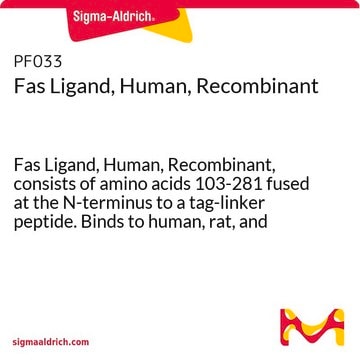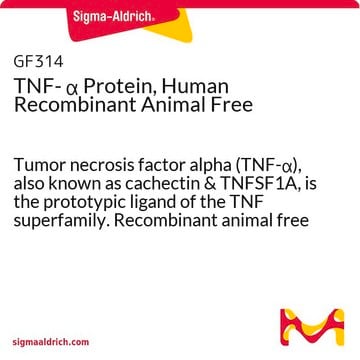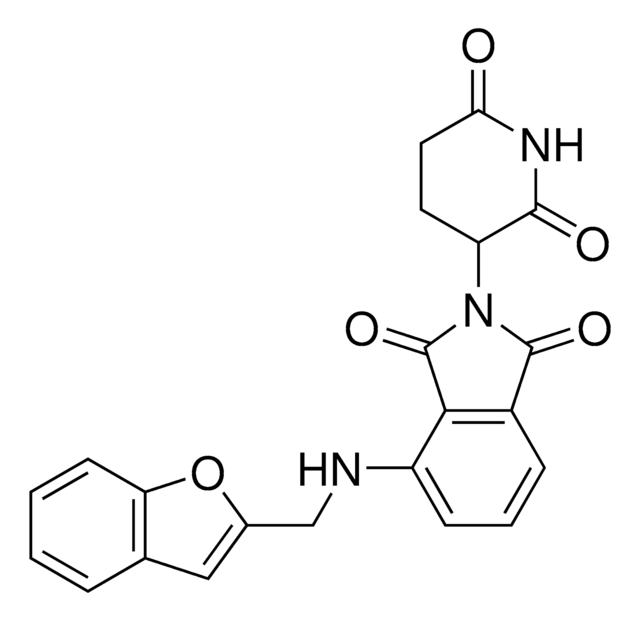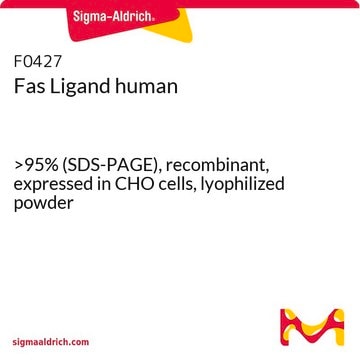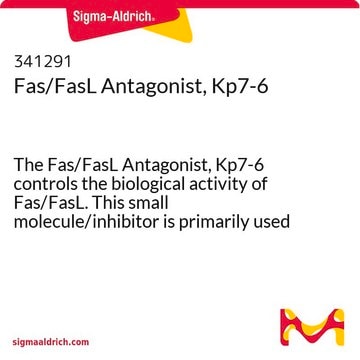S8689
Fas Ligand, soluble human
recombinant, expressed in HEK 293 cells, lyophilized powder
Sinónimos:
SuperFas Ligand™
About This Item
Productos recomendados
biological source
human
Quality Level
recombinant
expressed in HEK 293 cells
assay
≥95% (SDS-GE)
form
lyophilized powder
mol wt
32 kDa by SDS-PAGE (nonglycosylated form, under reducing conditions)
35 kDa by SDS-PAGE (glycosylated form, under reducing conditions)
technique(s)
ligand binding assay: suitable
UniProt accession no.
storage temp.
−20°C
Gene Information
human ... FASLG(356)
Application
Biochem/physiol Actions
Legal Information
Storage Class
11 - Combustible Solids
wgk_germany
WGK 3
flash_point_f
Not applicable
flash_point_c
Not applicable
Elija entre una de las versiones más recientes:
Certificados de análisis (COA)
¿No ve la versión correcta?
Si necesita una versión concreta, puede buscar un certificado específico por el número de lote.
¿Ya tiene este producto?
Encuentre la documentación para los productos que ha comprado recientemente en la Biblioteca de documentos.
Nuestro equipo de científicos tiene experiencia en todas las áreas de investigación: Ciencias de la vida, Ciencia de los materiales, Síntesis química, Cromatografía, Analítica y muchas otras.
Póngase en contacto con el Servicio técnico
